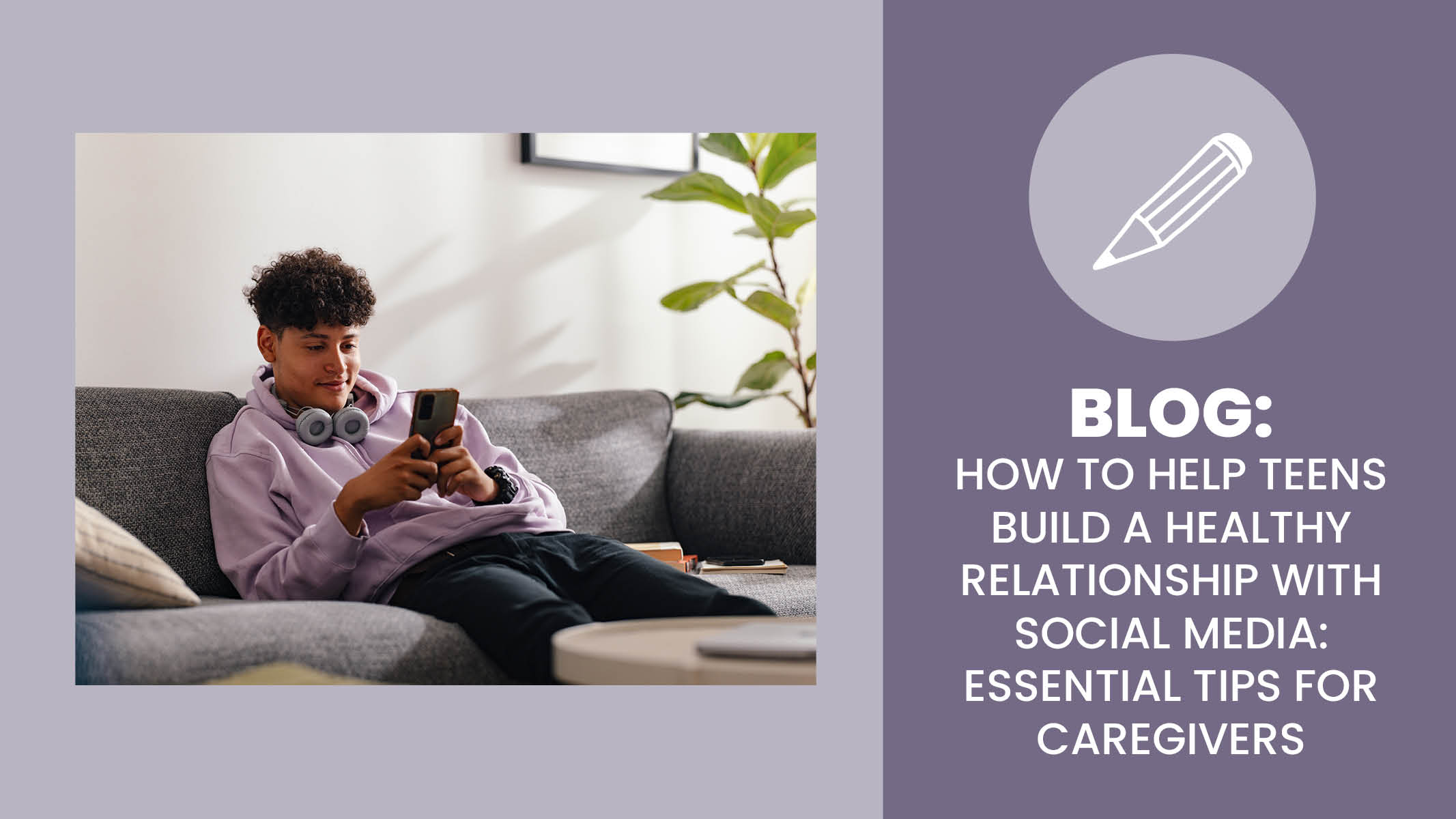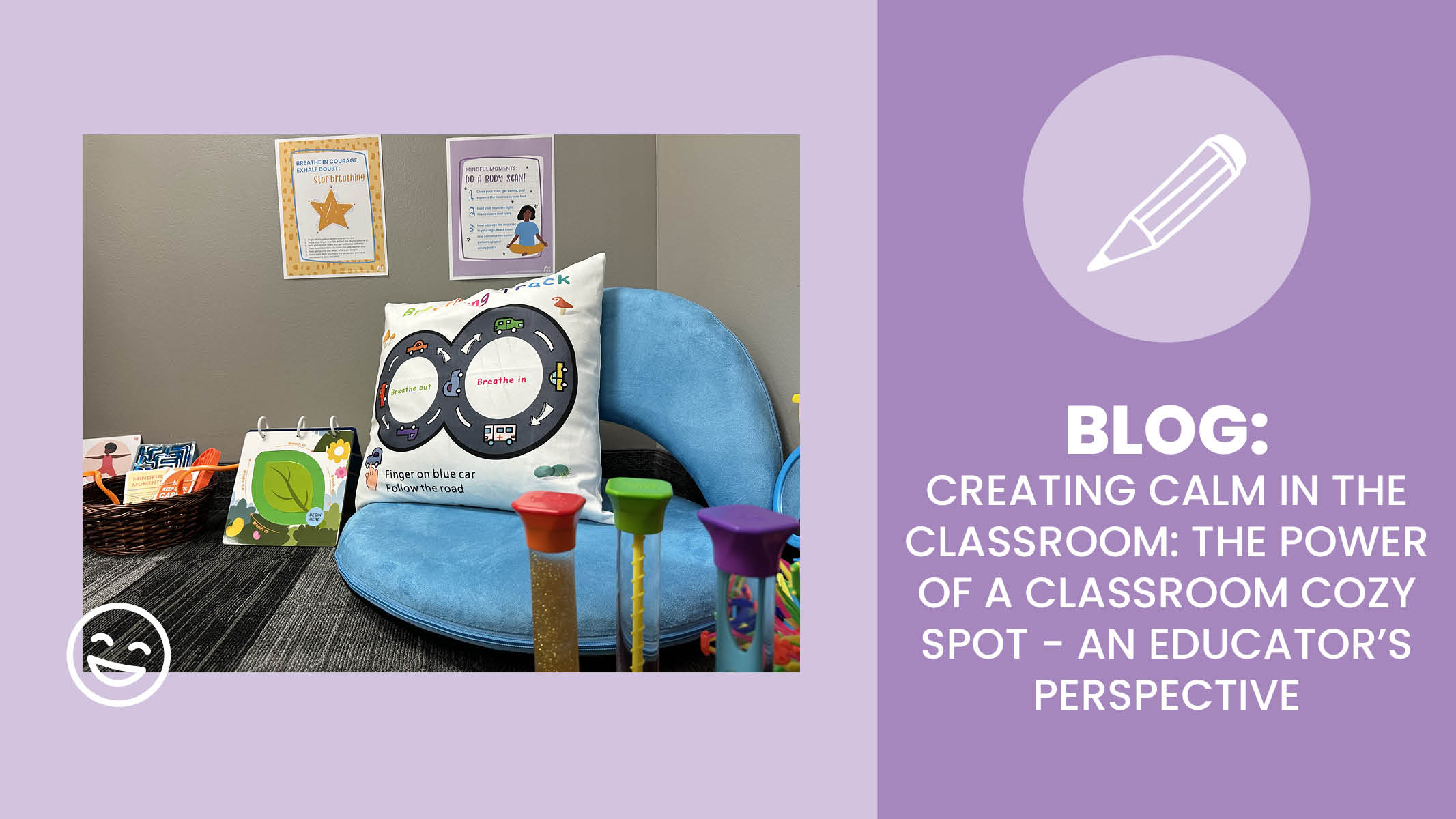In today’s digital age, social media plays a significant role in teenage life, influencing their daily routines and interactions. While social media offers valuable opportunities for connection and learning, it can also lead to issues like anxiety, depression, and poor self-esteem. According to the American Psychological Association (APA), teens in the U.S. spend an average of 4.8 hours daily on social media. Alarmingly, 41% of heavy social media users report their mental health as 'poor' or 'very poor.' In this article, we’ll explore practical strategies for caregivers to help their teens build a balanced and healthy relationship with social media.
Foster Open Communication with Your Teen
Encouraging open communication is one of the most effective ways for caregivers to support their teens. Create a safe space where your teens feel comfortable sharing their online experiences and discussing their feelings about social media. Research shows that active caregiver-teen discussions about social media can help teens develop a healthier relationship with these platforms. Set aside regular times each week to talk about their social media activities and experiences. Use open-ended questions to understand their perspective and offer guidance without judgment. For example, you could ask: “I’ve noticed you’re spending a lot of time on social media. How do you feel about it, and what do you enjoy or find challenging about it?”. This open-ended question encourages your teen to share their perspective and feelings without making judgments.
Set Clear Boundaries and Guidelines for Social Media Use
Establishing clear rules around social media use can help teens develop healthier habits. For instance, set limits on screen time before bed or during family meals. Tools like screen time trackers and parental control apps can assist you in monitoring and managing their social media usage effectively. By creating these boundaries, you help your teen strike a better balance between online and offline activities.
Promote Positive Online Behavior and Healthy Social Media Habits
Encourage your teen to engage in positive and constructive online interactions. Support them in following accounts that promote positivity and self-improvement. Help them understand the importance of being kind and respectful online to avoid issues such as cyberbullying and negative self-image. Teach them about the impact of their online behavior and the importance of maintaining a positive digital footprint.
Educate Your Teen About Online Privacy and Safety
Understanding online privacy and safety is crucial for teens. Discuss the importance of keeping personal information private and regularly reviewing privacy settings on their social media accounts. Encourage your teen to be cautious about sharing sensitive details online and to be aware of the potential risks associated with social media.
Model Healthy Social Media Use as a Role Model
Teens often look to adults for guidance, so it’s essential to model healthy social media habits. Be mindful of your own social media use and demonstrate balanced behavior. Share your experiences and discuss how you manage your online presence to set a positive example for your teen. According to the APA, adult role models play a crucial role in helping teens build a healthy relationship with social media.
Encourage Offline Activities and Real-World Connections
Promoting offline activities can help reduce your teen's reliance on social media for fulfillment. Encourage participation in extracurricular activities, sports, and hobbies that don’t involve screens. Support your teen in discovering interests that help them relax and build real-world connections. Consider these 10 exciting screen-free activities for your teens to engage in!
Helping teens create a healthy relationship with social media involves open communication, setting clear boundaries, and modeling positive behavior. By following these strategies, caregivers can support their teens in navigating the digital world while maintaining their well-being. Your involvement and guidance are key to helping your teen thrive both online and offline.
Ready for more? You might also like:
Cheat Sheet for Parents & Caregivers: Understanding Teen Depression
Food for Thought: Teen Coloring Pages
Breaking Down Disordered Eating: Activities for Teens


